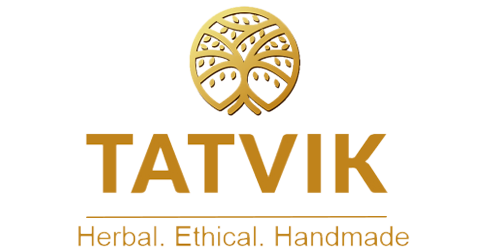Experts in cosmetics advise against directly applying pure essential oils to your skin. Topical application may have serious side effects, particularly if you have a skin allergy. The first step in the safety process is to dilute them in carrier oil.
Carrier oils: What are they?
Carrier oils, also known as base oils, are plant extracts that are less concentrated and thicker than essential oils. The term "carrier oil" comes from the fact that they are typically used to dilute essential oils and "carry" them in safe and comfortable amounts to the skin. Carrier oils are less volatile and aromatic in addition to being less concentrated than essential oils.
Coconut Oil—the Wonder Carrier Oil
One kind of carrier oil that is taken out of the coconut tree's fruit is coconut oil. The Old Portuguese and Spanish words "coco" (which means "head" or "skull") are the source of the term "coconut." It explains the three depressions on the coconut shell that mimic the characteristics of a skull.
There are several ways to extract coconut oil, but boiling is usually the method used. To make milk, the white meat inside the shell is ground and pressed. The milk is boiled until the oil evaporates completely. Proteins and fatty acids, particularly medium-chain fatty acids like caprylic, lauric, and capric acids, are abundant in this oil.
How might coconut oil benefit my skin?
Coconut oil is naturally rich in minerals and nutrients that are beneficial to the skin, even though it is commonly used as carrier oil for various essential oils. It can be used as a stand-alone product, but the unique scent of essential oils will not be present. These are a few advantages of coconut oil for cosmetics.
· Antimicrobial
Medium-chain fatty acids, which have been shown to have antimicrobial qualities, make up about 60% of coconut oil. Lauric acid is the most powerful of the eight primary fatty acid types present in coconut oil, having the ability to eradicate more than 20 distinct bacterial strains. Applying coconut oil topically can aid in preventing skin infections.
· Acne Prevention
Bacteria and skin inflammation are the main causes of acne. In addition to its antimicrobial properties, coconut oil has been shown to have anti-inflammatory properties, which help prevent acne. By using this oil on inflammatory skin areas, you can keep your skin in optimal condition and avoid breakouts of acne.
· Moisturiser
According to studies, coconut oil can also aid in skin hydration. If you use petroleum-based skin care products and are prone to dry skin, you might want to try using coconut oil. More so if your dry skin is the cause of rashes or eczema, in which case a natural remedy with few to no side effects is a welcome substitute.
Although there is no doubting coconut oil's ability to improve skin health, experts advise against using it on people with oily skin. As this article's introduction states, coconut oil has a higher viscosity than essential oil. Thus, it won't be readily absorbed by the skin. Rather, it remains on the skin's surface and clogs pores, which causes blackheads to appear.
Go to the Tatvik Ayurveda website or retail locations to find out more about coconut oil and other carrier oils used for cosmetic purposes. We can assist you in selecting the ideal carrier and essential oils for your skin type as well as show you how to blend them to create your own formulations.

